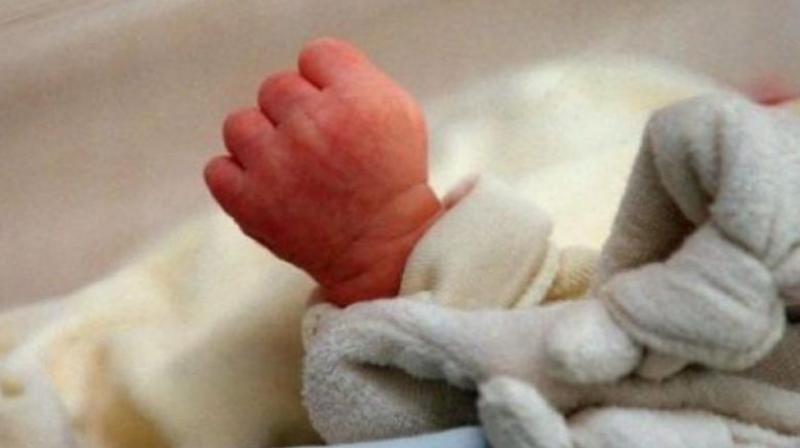Nutrient supplement doesn't help baby's health: Study
Among the various common deficiencies, iron deficiency anaemia is very common in pregnant women in the country.;

Chennai: Micronutrients supplemented during pregnancy are not sufficient to improve child health, finds a study by the Lancet. Special diets during pregnancy can prevent weight gain and correct the nutrient deficiencies in mother, but it does not affect nutrition of the offspring or the pregnancy outcomes, reveals the study.
Among the various common deficiencies, iron deficiency anaemia is very common in pregnant women in the country. Globally around 2 billion people and 30-50 percent of pregnant women including young women are affected by anemia.
Though iron supplementation during pregnancy can help reduce iron deficiency and improves haemoglobin, it would not affect the nutrition levels of the child. However, haemoglobin concentration needs to be maintained to prevent low birth weight.
The authors of the study stated that though micronutrient supplementation during pregnancy is usually done to prevent deficiencies, but there should be a life-long approach to improve nutrition in infants and women.
Supplementation of iron, vitamins and other minerals cannot improve health if done only for a particular time-period such as pregnancy, but should be practiced to improve overall health, say authors.
“Studies suggest that additional micronutrients like vitamin B6, zinc, and iodine, given to pregnant women improves the cognitive ability and motor ability if the mother is undernourished, but there is not much evidence if it improves the nutrition levels of the child,” says obstetrician Dr R Mala.
Though neither pre-natal nor direct supplementation has an impact on linear growth in children through 18 months of age, it can reduce the chances of postnatal mortality due to low birth weight, pre-term birth and stillbirth, added Dr Mala.

